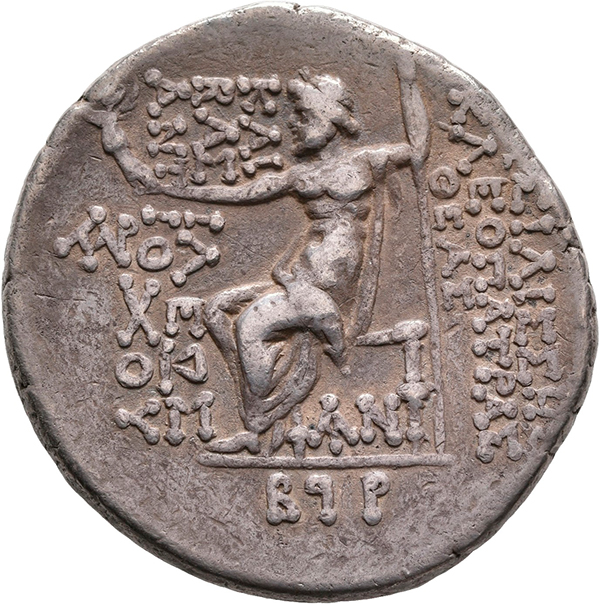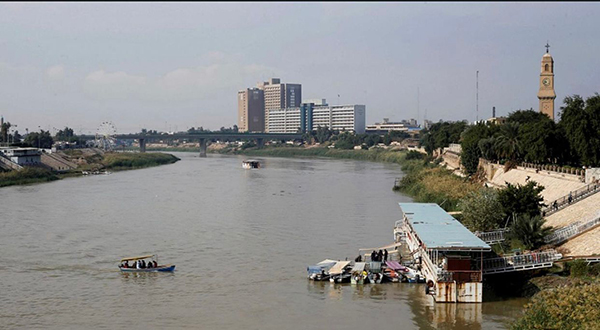Integration
Language is the key
by Ute Kaiser
Naeem Nazari knows from experience what it means to be a refugee. In 1984, when he was two years old, his family fled with him from Afghanistan to Iran. At home, the Soviet-backed government and US-backed resistance groups fought each other.
Nazari had no problems at school in Iran and passed the A-Levels. But refugees were not allowed to study there. He really wanted that. Therefore, in 2006 he returned to Afghanistan to study and gave up a job in Iran. In 2007 he started studying German in Herat. This decision should influence his future life.
Nazari earned a bachelor’s degree in Herat and worked for a while as a lecturer at the university. He would like to have the master and a doctorate. But the German Academic Exchange Service (DAAD) ended the promotion of the university.
Of necessity, Nazari intervened as an interpreter for the German Society for International Cooperation (GIZ). That was dangerous. So-called local forces of foreign (relief) organizations were threatened. The family left the country again.
Nazari returned to Germany in autumn 2014 as a student. He already knew the country from two business trips for GIZ and a one-month stay as a scholarship holder in Essen. Studying in Saarbrücken was easy for him. But he found no job. However, he would have needed this for the extra-occupational study course with a focus on development aid.
Nazari therefore worked again for GIZ. He translated three books for vocational education. GIZ distributed it to all vocational schools in Afghanistan. He has also been involved since 2015 as a volunteer for refugees. His language skills were in demand – in voluntary work, but also in jobs. Initially, he was an interpreter at the Federal Office for Migration and Refugees. Then he moved to the Federal Employment Agency in Montabaur.
Since the summer of 2018, he has been looking after the concerns of almost 90 refugees in Dußlingen as an integration manager at the Tübingen district office. During his office hour in the town hall or during home visits, the 36-year-old father of a little daughter talks to the refugees about all sorts of financial and bureaucratic questions. Be it letters from the job center, applications for cash benefits or problems with housing and job search. As an integration manager, however, he also talks intensively with them about their goals – and how they can achieve them. He has a lot to say – also from his own experience.
As a studied Germanist, Nazari has no problems with the German language. In his professional life, he repeatedly experiences the importance of language for integration. Nazari sees language as a “linchpin”. He said it would be a good idea for every asylum seeker to attend an integration course with 20 hours of language instruction per week, regardless of the state of the asylum procedure.
The editors of tünews INTERNATIONAL also benefit from Nazari’s language skills and expertise at their weekly meetings.



